Date: Wednesday, 7th May, 10am-12pm
Venue: K101 Talbot Campus
Ticket booking: European Migration Research & Impact – Invitation to Roundtable Discussion Tickets, Wed 7 May 2025 at 10:00 | Eventbrite
As part of our recently awarded, British Council-funded “Springboard” project, titled ‘Between vulnerability and resilience: gendering anti-migrant nationalism and migrant responses’, we would like to invite colleagues and PGRs from across BU and AUB with related research interest to a Roundtable discussion on European Migration Research & Impact on 7th May, from 10am to 12pm.
The panel will feature European and BU colleagues actively involved in researching migration across the continent and in the UK, bringing together both internal and international, cross-disciplinary expertise and experience of how to build impact into their projects from scratch. It will also benefit from specialised RDS/REF insights on building research impact. We plan to critically explore different types of potential impact, how to develop impactful research, and discuss both opportunities as well as limitations in achieving meaningful impact through migration research. We hope this panel will aid, inform, and inspire both early and advanced academics interested in migration research, including and beyond Europe, and we welcome lively contributions and discussions. The event will also provide an opportunity for academics across disciplines, working on or interested in related topics, to network with colleagues within and beyond the university.
The Springboard grant awarded by the British Council aims at deepening, specifically, German-UK academic collaborations and developing research projects together. The project is led by Stephanie Schwandner-Sievers (PI), Dilvin Dilara Usta and Anna Wimbledon (Co-Is), all of BU’s Centre for Seldom Heard Voices (CSHV). Beyond British Council funding, project development has kindly been supported by BU’s Global Engagement, RDS, and the FHSS faculty teams as well as the CSHV. Our current international partners include (international lead team only) Carolin Leutloff-Grandits from the B/Orders in Motion research centre at the European University Viadrina (EUV), Frankfurt (Oder), Germany; our long-term partner Linda Gusia of the Sociology Institute and Gender Studies Programme of the University of Prishtina, Kosovo; and Emma Shercliff of the Arts University Bournemouth.
This international team, including further senior researchers, ECRs and PGRs from all the involved partners, is coming together in early May for a dedicated workshop to develop its collaborations, links, and future project plans. (To avoid confusion: the Springboard project and workshop is both complementary to and separate from, Dilvin’s and Anna’s current British Academy-funded project on Crimmigration, which runs in parallel and aims at building collaborative networks, specifically, amongst UK-ECRs and with local non-academic partners; see recent announcement for this associated event, taking place on 16th May).
International Springboard team members Carolin Leutloff-Grandits, co-editor of Migrating Borders and Moving Times (2017) and author of Translocal Care Across Kosovo’s Borders; and Dr Marija Grujić, currently co-leading a project on Gendering asylum infrastructures in Germany and the UK, both of the B/Orders in Motion research centre at EUV, Frankfurt (Oder), Germany, have kindly agreed to speak on the European Migration Research & Impact roundtable. Furthermore, we are delighted to welcome Dr Ingrida Kerusauskaite-Palmer of the Lithuanian Centre for Social Sciences (Institute of Law), Vilnius, on the panel, who recently completed policy-relevant research on the local, societal impact of Ukrainian migration to Central Europe, and who also is a Visiting Fellow at FHSS. Finally, we are particularly pleased to confirm attendance of BU academics and migration experts, Alina Dolea (who has studied and advised on Romanian migrations) and Nicola De Martini Ugolotti (who has worked with migrants, refugees and asylum seekers in Italy and the UK), as well as of RDS impact manager, Amanda Edwards, as panellists. Stephanie Schwandner-Sievers will chair the panel discussion who, herself, has a long history in studying, specifically, Albanian migrations and societal responses.

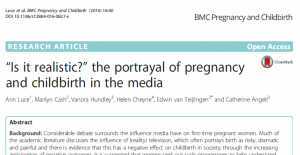
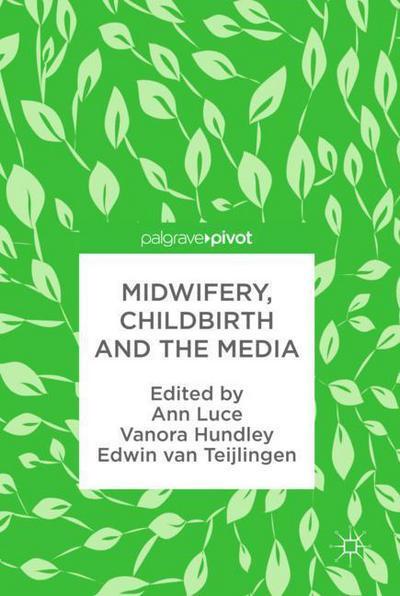
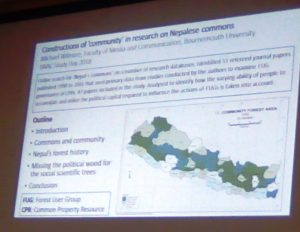
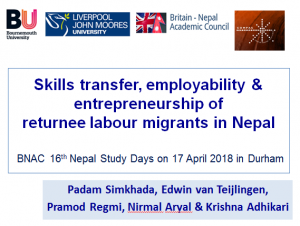
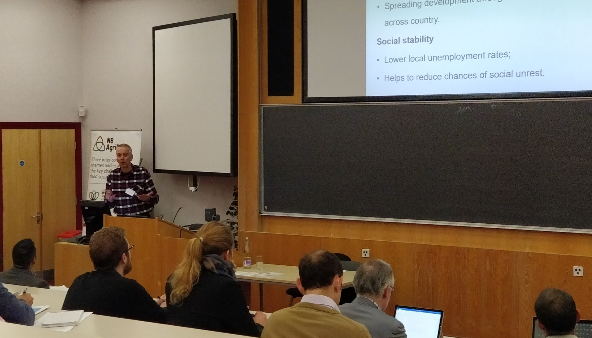

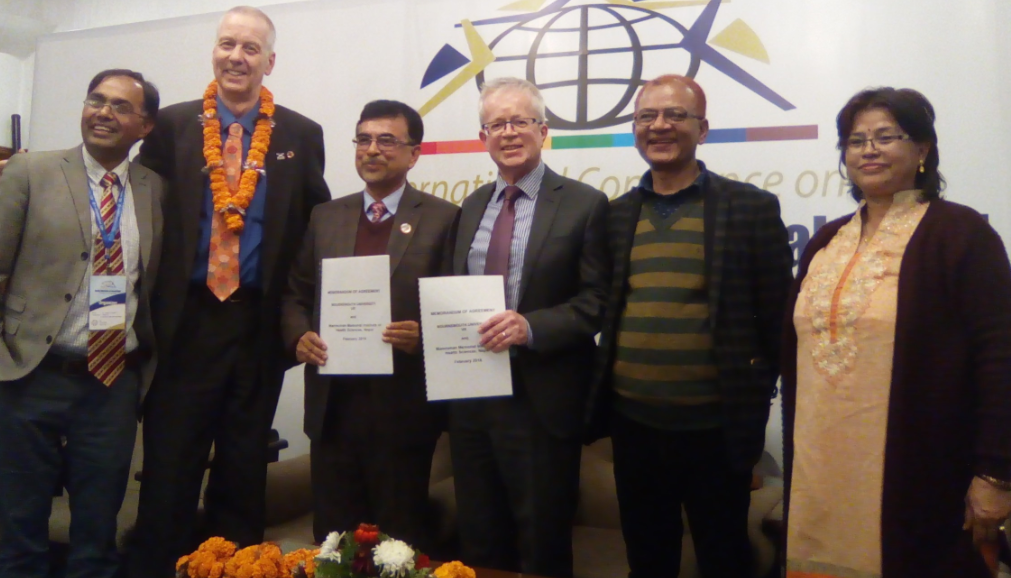
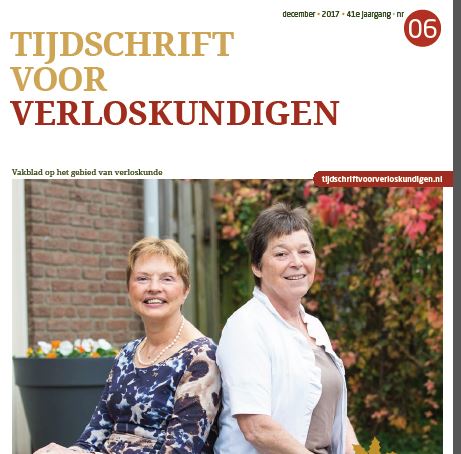

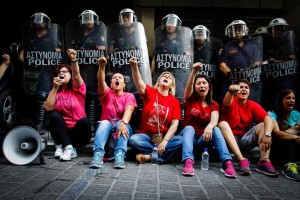 The Centre for Politics and Media Research is pleased to announce the publication of “Politics, Protest, Emotion: Interdisciplinary Perspectives. A Book of Blogs”, edited by Paul Reilly (University of Sheffield), Anastasia Veneti (Bournemouth University), and Dimitrinka Atanasova (Queen Mary, University of London).
The Centre for Politics and Media Research is pleased to announce the publication of “Politics, Protest, Emotion: Interdisciplinary Perspectives. A Book of Blogs”, edited by Paul Reilly (University of Sheffield), Anastasia Veneti (Bournemouth University), and Dimitrinka Atanasova (Queen Mary, University of London).
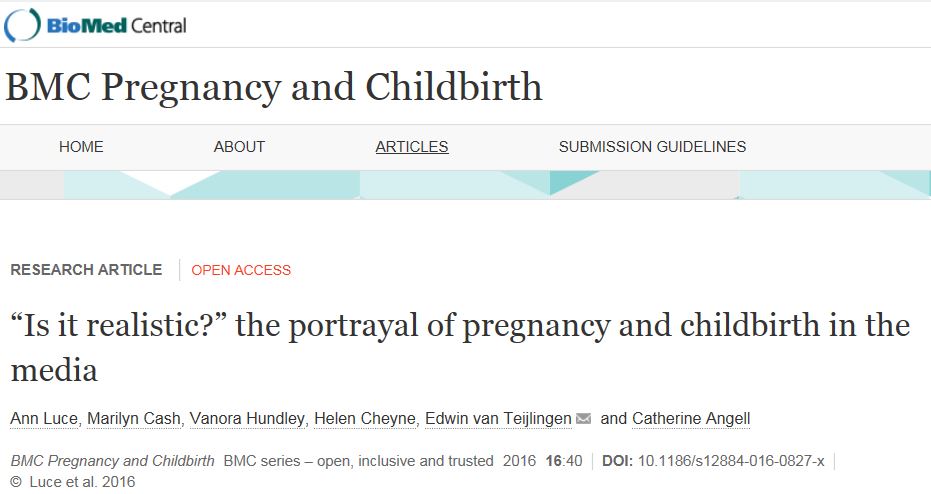












 SPROUT: From Sustainable Research to Sustainable Research Lives
SPROUT: From Sustainable Research to Sustainable Research Lives BRIAN upgrade and new look
BRIAN upgrade and new look Seeing the fruits of your labour in Bangladesh
Seeing the fruits of your labour in Bangladesh Exploring Embodied Research: Body Map Storytelling Workshop & Research Seminar
Exploring Embodied Research: Body Map Storytelling Workshop & Research Seminar Marking a Milestone: The Swash Channel Wreck Book Launch
Marking a Milestone: The Swash Channel Wreck Book Launch ECR Funding Open Call: Research Culture & Community Grant – Application Deadline Friday 12 December
ECR Funding Open Call: Research Culture & Community Grant – Application Deadline Friday 12 December MSCA Postdoctoral Fellowships 2025 Call
MSCA Postdoctoral Fellowships 2025 Call ERC Advanced Grant 2025 Webinar
ERC Advanced Grant 2025 Webinar Update on UKRO services
Update on UKRO services European research project exploring use of ‘virtual twins’ to better manage metabolic associated fatty liver disease
European research project exploring use of ‘virtual twins’ to better manage metabolic associated fatty liver disease